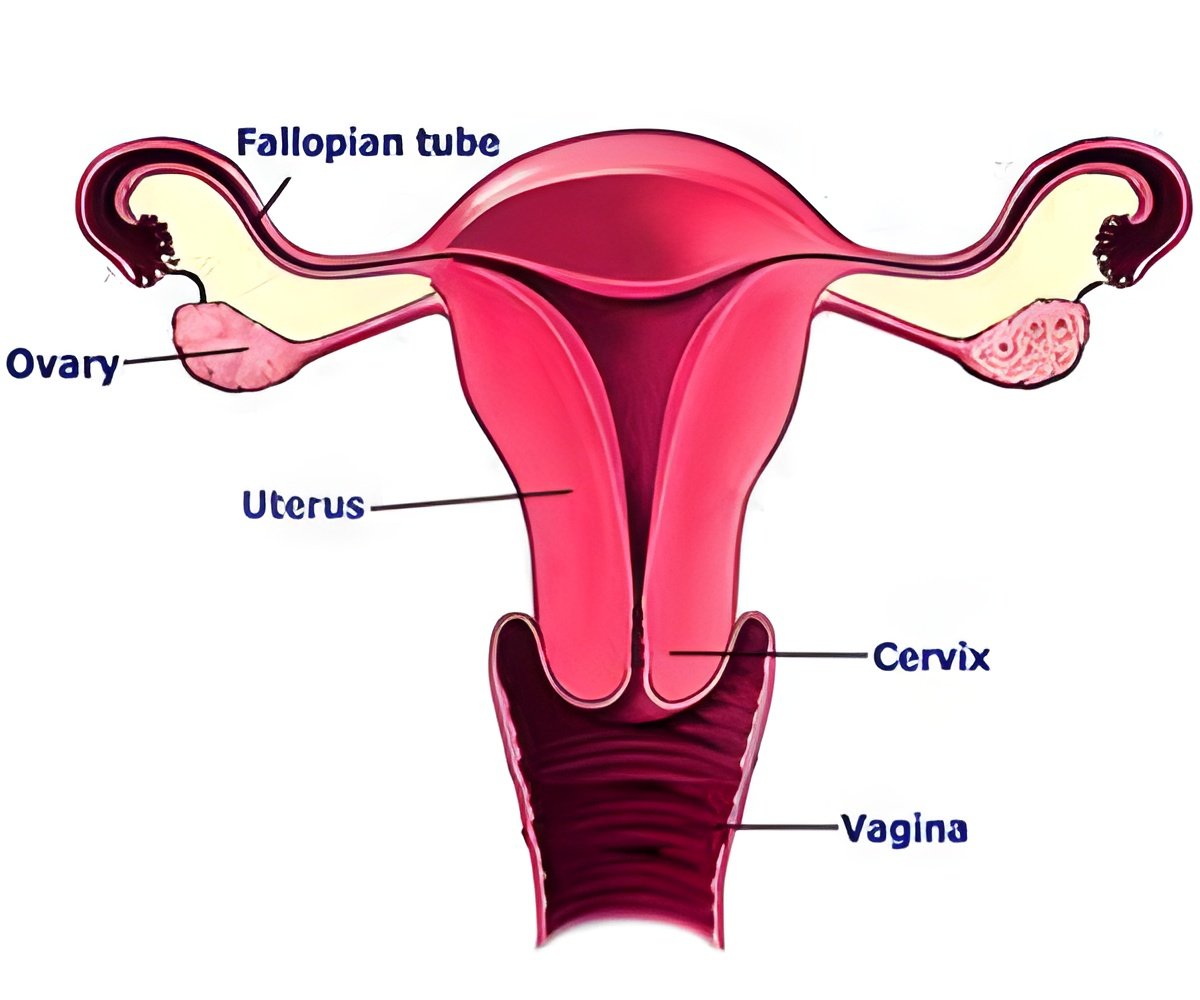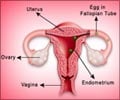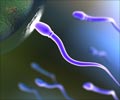In mice, the intimate mechanism of the hyperprolactinaemia alterations affecting reproduction has been discovered by scientists.

However, not much was know in detail of the mechanisms that cause this pathology. All that was known was that an increase in prolactin in women disturbed one of the most important hormones affecting reproduction and fertility: GnRH .
Up until now, we had been unable to understand this inhibition of prolactin in the GnRH neurons, because most of these neurons did not express the prolactin receptor.
So the researchers put forward another hypothesis - what if it was due to the indirect action of other molecules?
The team of Inserm researchers from unit 693 led by Jacques Young and Nadine Binart at the Bicetre hospital, discovered that prolactin had an indirect effect on GnRH.
Using mice as models, they demonstrated that prolactin effectively inhibits the secretion of neurons situated upstream the GnRH neurons and that are essential to their functioning. They secrete a neurohormone known as kisspeptin.
Advertisement
This is both a physiopathological discovery that for the first time explains the link between infertility and hyperprolactinaemia, and a new approach opening the way to an original therapy.
Advertisement
Source-ANI










